With the privilege to cross borders for a film, Chai Fonacier earned the part. And therein lies the lessons she brought back home
It was during the pandemic when Chai Fonacier got the role in Nocebo, and it was still at the height of the pandemic when she traveled to Ireland for its filming. At the time, she couldn’t experience the nightlife, art, and culture of the country because many establishments were closed. But all these didn’t hinder her from being open to learning from the people she worked with, appreciating the place where she stayed for more than a month, and imparting her observations on work culture to the Philippine entertainment industry.
RELATED: Filipino Films and Series to Watch For Your Next Summer Stream
While the internationally-acclaimed actress is currently filming Song of the Fireflies in Bohol, she generously gave her time to answer MEGA’s questions—sharing her thoughts on working in the international film industry.
On tackling her most complex role yet
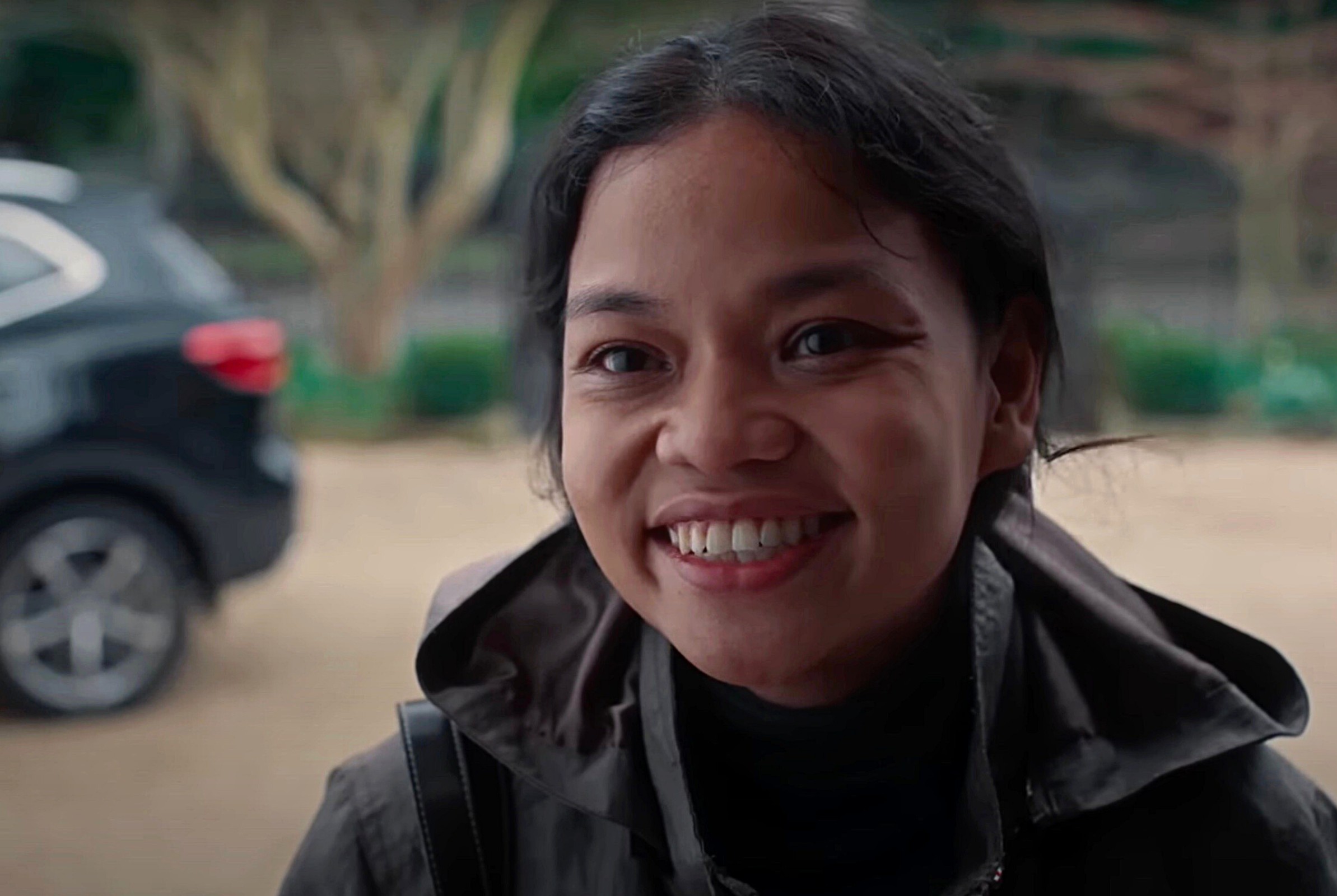
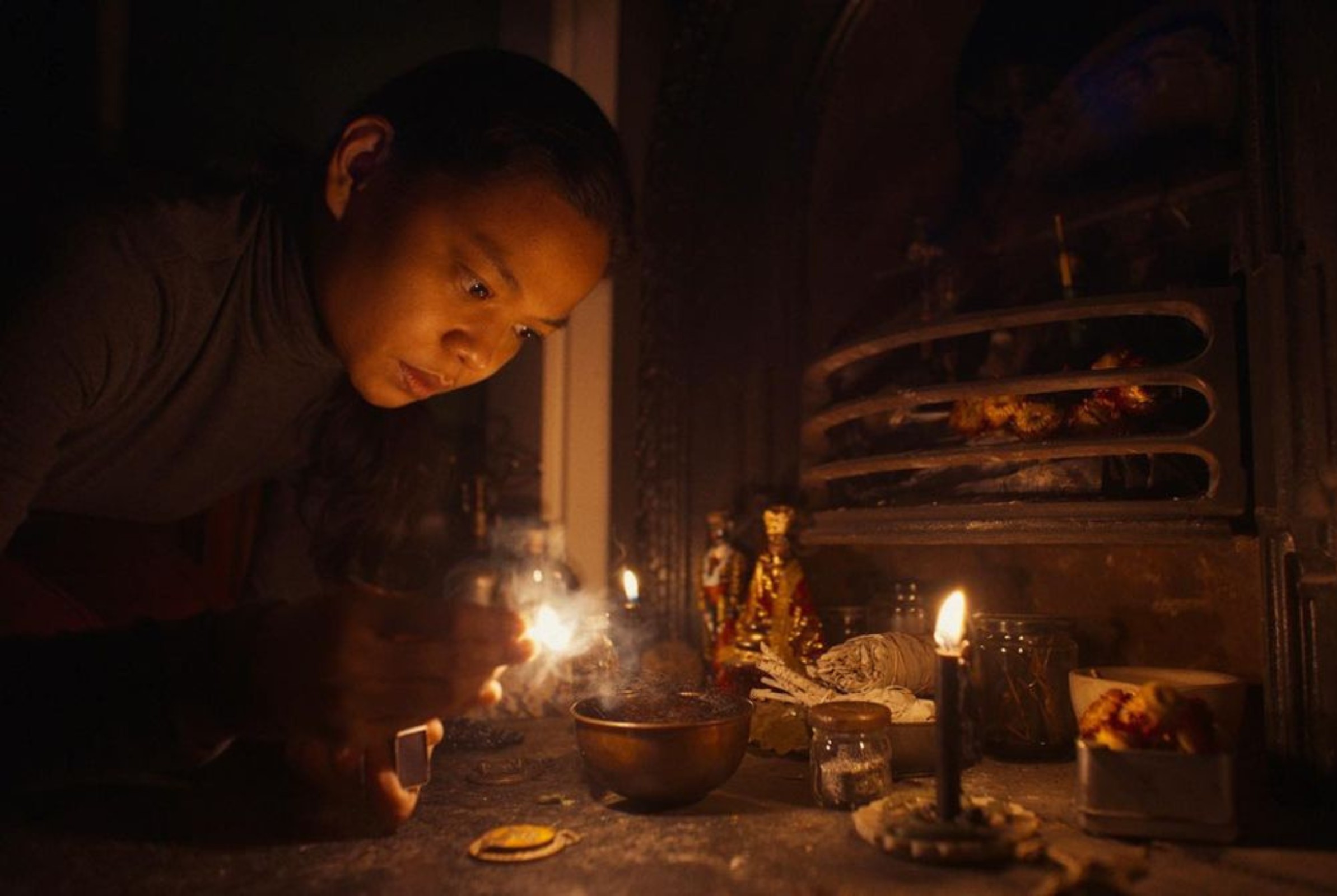
Not wanting to delve into the details of her character, Chai Fonacier describes her role as the “interesting and dark character” that she hasn’t done before. “It’s also my first time to be part of a psycho-thriller,” she adds. This was a big jump from the actress’ history of comedic roles, and it was clear that she portrayed Diana with great commitment.
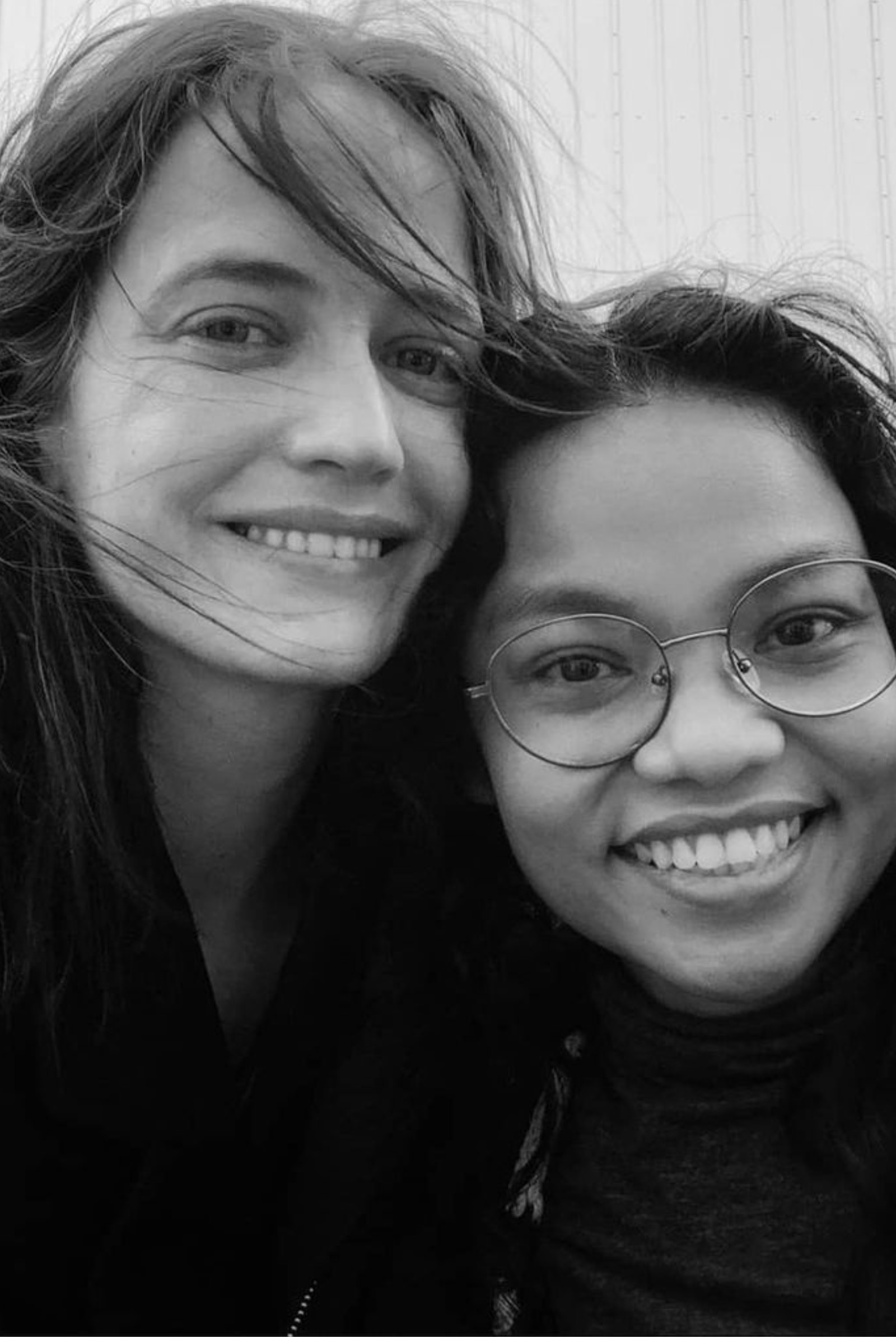
“It’s an honor to have the chance to work with and learn from the people I’m working with now, especially after a year of significantly fewer projects owing to the pandemic. Plus, traveling to a place one has never been to before is always an enriching experience,” Fonacier shares her rush of emotions when she received the news that she will officially play Diana.
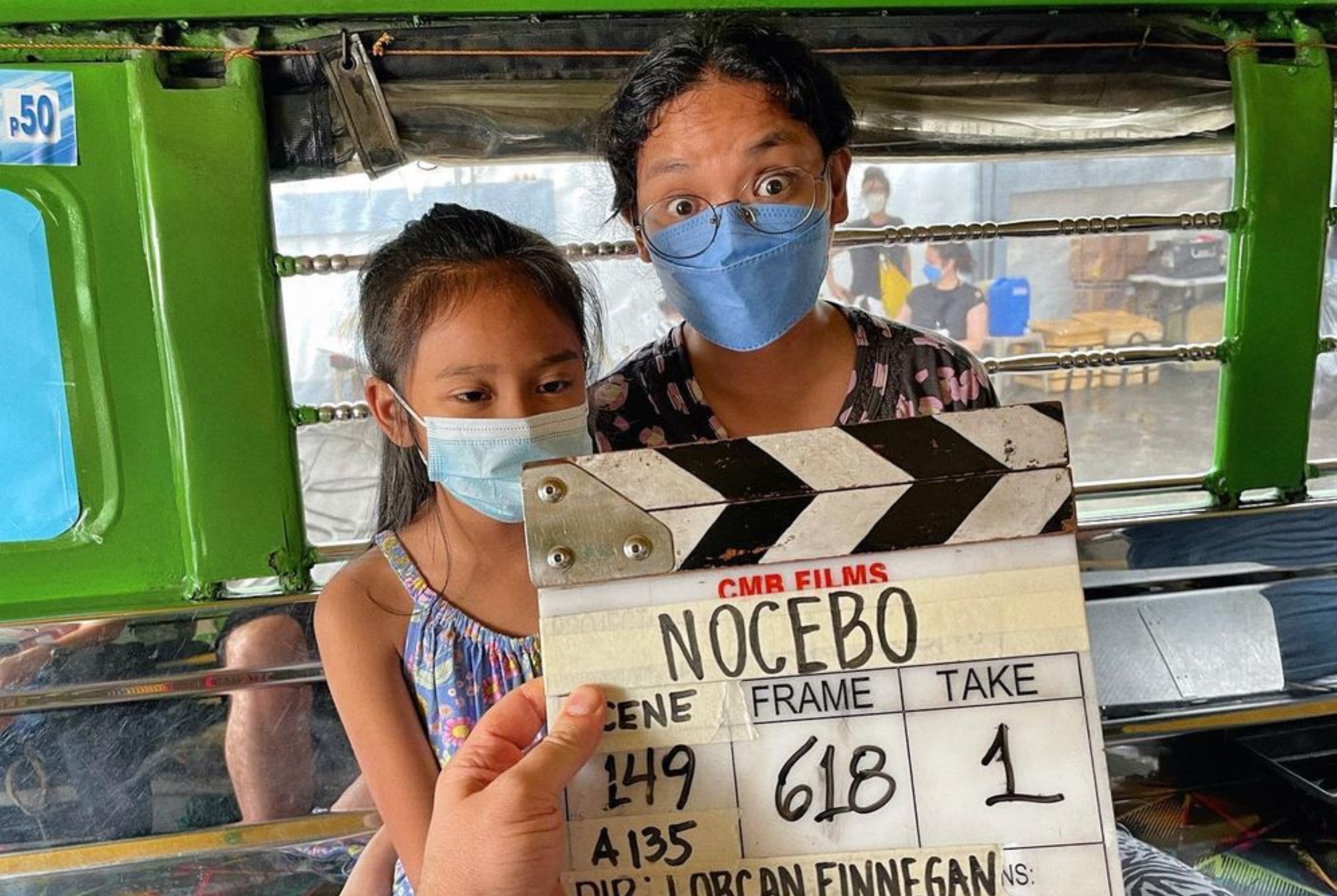
Despite the attention she has been receiving recently in the public eye, MEGA’s exclusive interview with Chai Fonacier proved that nothing has changed much about her. Apparently, when she was asked how everything changed her career and personal life, she answered, “I do auditions here and there, but other than that, things are pretty much the same.” Beyond her humility, her value for her profession is evident. Fonacier’s willingness to engage in conversations like this is a testament to her generosity in sharing her journey as an artist, highlighting her dedication to her craft and desire to inspire more people in the industry.
On the unique artistry of actors across the globe
For Fonacier, working with international actors feels like it was the main event, a once-in-a-lifetime experience. As she reflected on working with Eva Green, Mark Strong, and Lorcan Finnegan, she started by saying, “It’s been amazing.” She supported this statement with humility, saying both Eva and Mark exuded great energy during filming and she hopes she was able to deliver the same energy back. “Because they’re so good at what they do, it feels great to take on the challenge of rising to their level each time.”
“I think that the uniqueness of anyone’s country, region, sociopolitical, and sociocultural contexts, and origins will always be part of what shapes their artistry.”
Fonacier’s perspective on what sets Filipino actors apart from other international actors.
Reciprocities of excellence are the standard principle of most actors on the set. And the good reviews received by the film just proved that Chai Fonacier’s bida-kontrabida role gave just that. Moreover, the actress mentioned that Director Lorcan Finnegan’s clear vision for Nocebo made it easier for her to deliver her part.
On the actress’ call for change
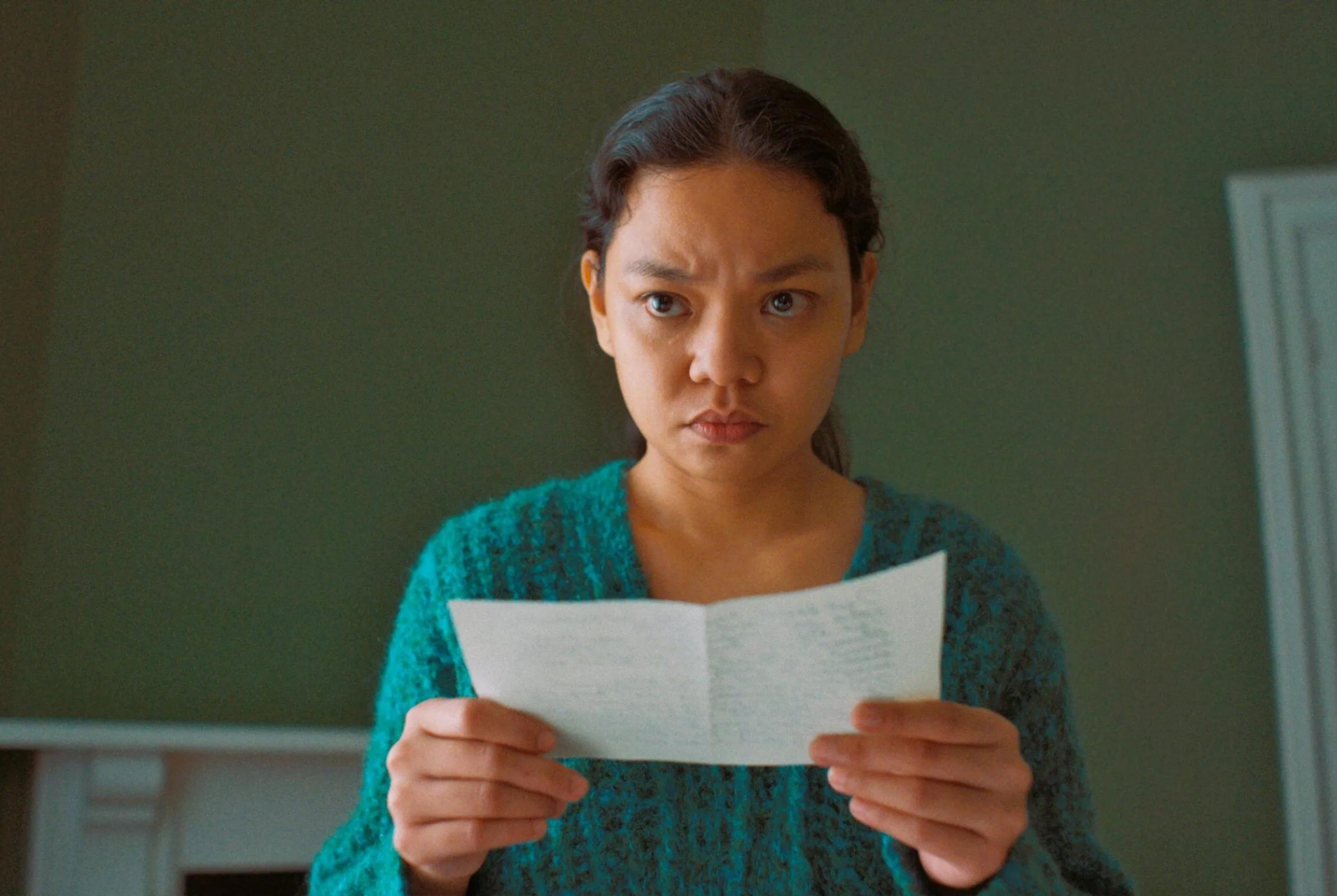
As the film is a collaborative production of Ireland and the Philippines, it is inevitable to compare the work culture that Fonacier has experienced in another country. Some people might assume that the actress has faced challenges while filming as she has to learn to adjust to the differences in culture. But we can hear her narrating quite the opposite. “They’re efficient because they’re not understaffed, at least relative to how our teams are built here, and they’re paid accordingly, including overtime. And that’s because they have workers’ unions, I was told.” Fonacier also affirms that she is aware that no production team has a perfect system, but the problems specifically in Ireland, she wasn’t able to experience the issues firsthand.
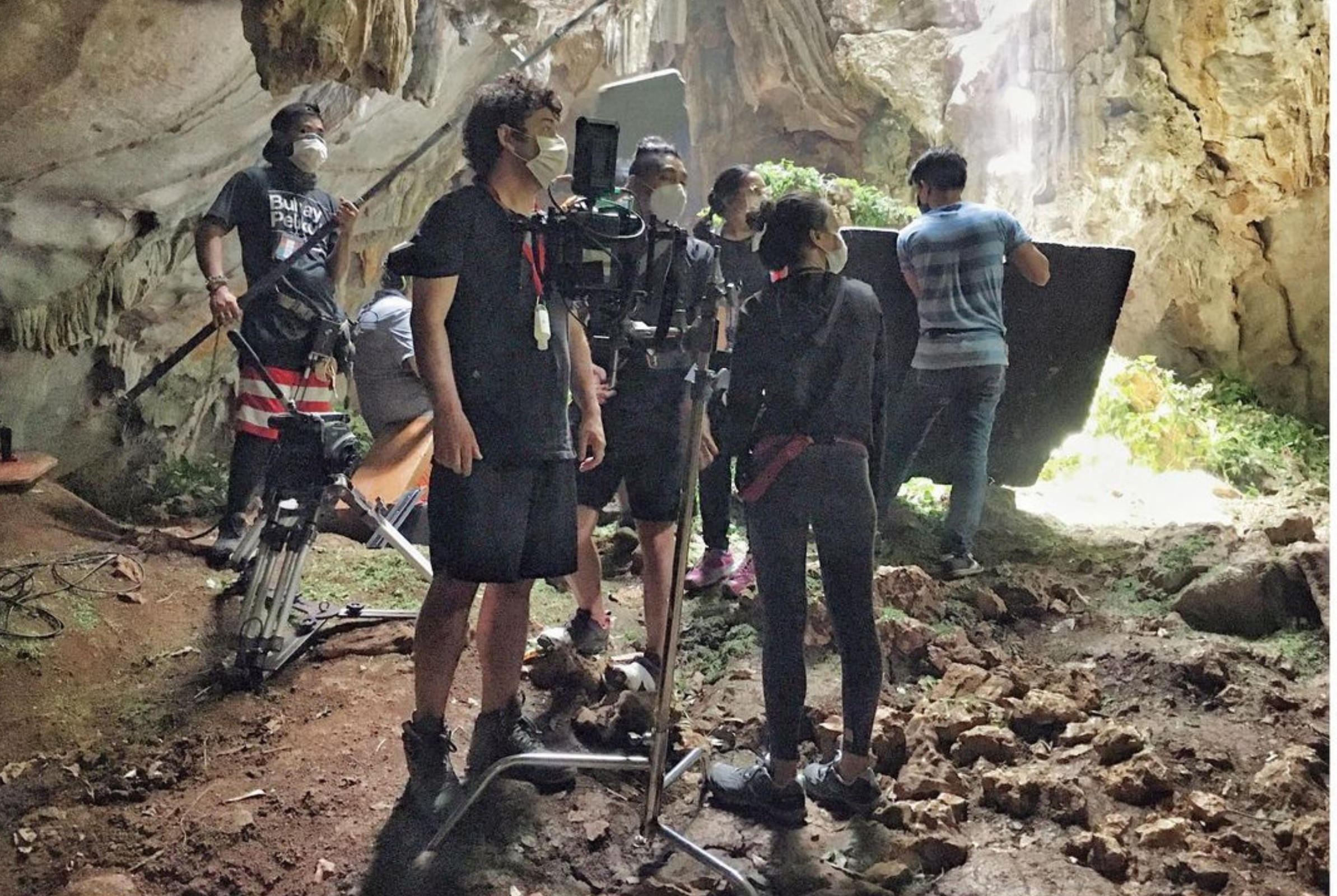
Behind the scenes, Fonacier found it difficult to not compare how the Philippines is so far behind in giving film and TV employees their basic rights, such as overtime pay and efficient division of tasks for all workers across all departments.
“There’s so much glorification over being multi-taskers, but the price is that workers are being exploited.”
The heartbreak and frustration felt while Chai Fonacier shares this story are designed to communicate change in the Philippine entertainment industry. Layered together with the production’s deficiencies is a hope that it can still get better. This was sort of a straightforward lightning strike to the industry, and Fonacier’s experience has bottled it and brought it home, applying its lesson throughout her profession and work environment as she firmly believes, “We have so many stories here in our country that deserve to be told.”
Photos from CHAI FONACIER and LORCAN FINNEGAN (via Instagram)







